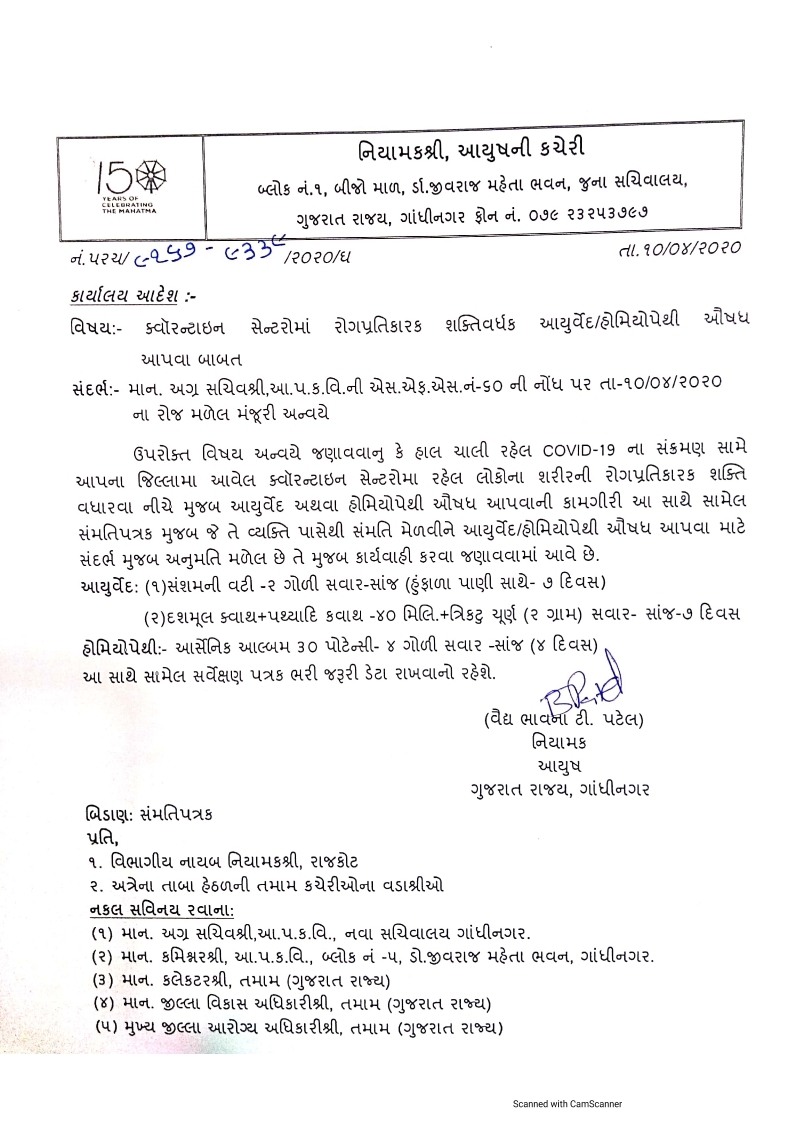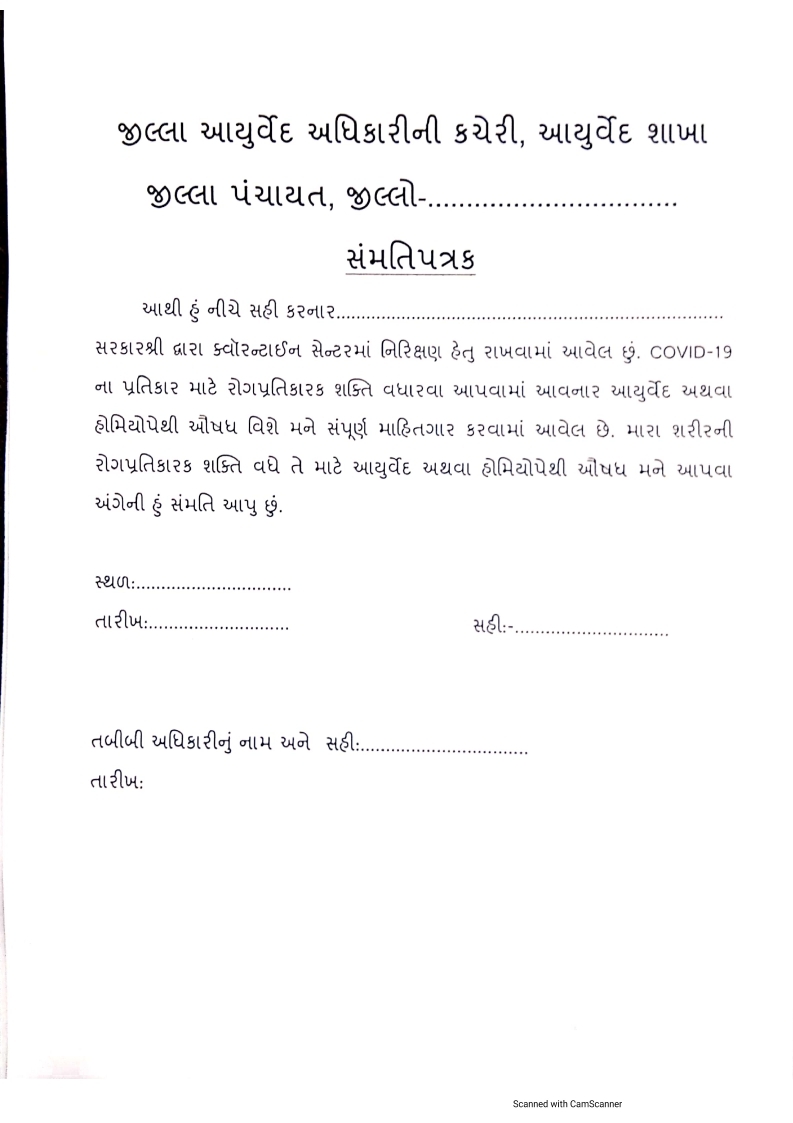QUARANTINE CENTEROMA ROGPRATIKARAK SHAKTIVARDHAK AYURVED/HOMYOPETHI AUSHADH APAVA BABAT
Theory of Instruction, again as the name implies, is a theory of instruction, not a theory of learning. Learning
theories (if they are really theories at all) are no doubt of value to those interested in how humans learn in the absence
of instruction (which generally is inefficiently).
Theory of (DIRECT) Instruction
There is a relatively simple fact about the Engelmann and Carnine theory that many educators appear to find
disturbing: it is the only theory of instruction and therefore, does not require the “direct” qualifier. Although we hear of
all kinds of “theories” of learning and even a few “theories” of instruction, this book represents the only theory of
instruction that would withstand the rigorous tests of theories required by philosophers of science—disciplined logical
interconnectedness, predictive value, parsimony, etc.
Theory of Instruction does not prescribe any “one best way,” but rather, describes a range of best ways, and
suggests an infinite range of ineffective ways. (If I were to set out to intentionally design the worst instruction possible,
I would still look to Theory of Instruction for guidance on how to precisely lead students far astray.)
©NIFDI, 2016 Posted with permission iii
I have even heard serious educational researchers express the fear that if Theory of Instruction is the first
Theory of Instruction, again as the name implies, is a theory of instruction, not a theory of learning. Learning
theories (if they are really theories at all) are no doubt of value to those interested in how humans learn in the absence
of instruction (which generally is inefficiently).
Theory of (DIRECT) Instruction
There is a relatively simple fact about the Engelmann and Carnine theory that many educators appear to find
disturbing: it is the only theory of instruction and therefore, does not require the “direct” qualifier. Although we hear of
all kinds of “theories” of learning and even a few “theories” of instruction, this book represents the only theory of
instruction that would withstand the rigorous tests of theories required by philosophers of science—disciplined logical
interconnectedness, predictive value, parsimony, etc.
Theory of Instruction does not prescribe any “one best way,” but rather, describes a range of best ways, and
suggests an infinite range of ineffective ways. (If I were to set out to intentionally design the worst instruction possible,
I would still look to Theory of Instruction for guidance on how to precisely lead students far astray.)
©NIFDI, 2016 Posted with permission iii
I have even heard serious educational researchers express the fear that if Theory of Instruction is the first



No comments:
Write comments